«Agriculture and Tourism Opportunities in Zambia»
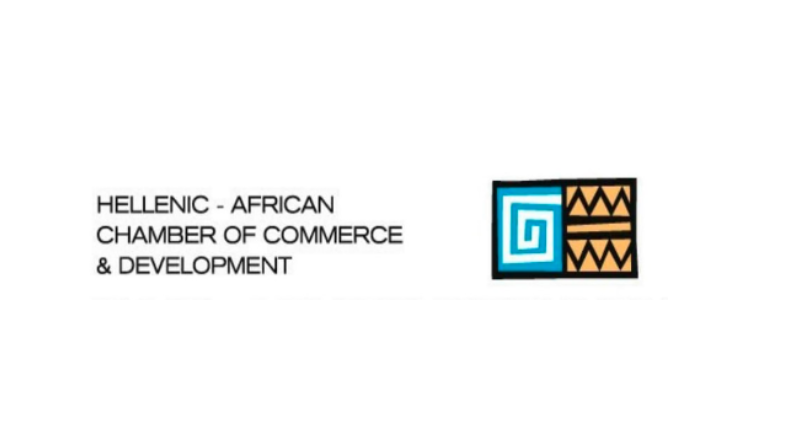
3, November 2022
16:00- 18:00 (Greece), 15: 00 -17:00 (Zambia)
The Hellenic-African Chamber of Commerce and Development in cooperation with the Zambia Chamber of Commerce and Industry (ZACCI) are organizing a virtual conference on the topic: «Agriculture and Tourism Opportunities in Zambia»
The teleconference will bring together leading government and business officials from Zambia on one hand as well as Greek entrepreneurs, members and non-members of our Chamber active or interested in Zambia.
Angola Business Forum
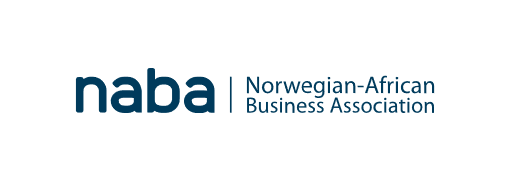
THURSDAY, 17 NOVEMBER 2022
9.00 AM - 12.00 PM
Oslo, Norway
As part of an official visit to Norway, NABA will be hosting Angola's president His Excellency João Lourenço to discuss reform, economic prospects, and investment opportunities in the country. Don't miss this unique opportunity to gain insight into the key trends shaping Angola's economic landscape.
Délégation ministérielle: Investir en République Démocratique du Congo
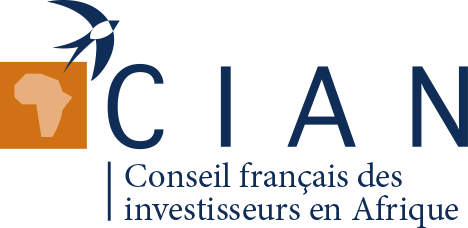
le 25 novembre 2022, entre 08H30 et 13H00 à Paris
Chers adhérents, chers amis,
Le 25 novembre prochain, le CIAN et l'ANAPI (Agence Nationale pour la Promotion des Investissements de RDC) organisent, en partenariat avec la CCI Paris-Île-de-France et son Comité Afrique-France, les cabinets Sud Axe Partners et Relecom Partners, une rencontre d'affaires exceptionnelle avec une délégation ministérielle de la République Démocratique du Congo.
Emmenée par le Ministre du Plan S.E. Christian MWANDO NSIMBA KABULO, et le Ministre de l'Industrie, S.E. Julien PALUKU, la délégation sera aussi composée du Directeur général de l'Agence de promotion des Investissements en RDC, de représentants des agences gouvernementales, ainsi que de gouverneurs de province, en présence de S.E. Isabel THSOMBE, Ambassadrice de la RDC en France.
Africa Business Club: Start-Up special
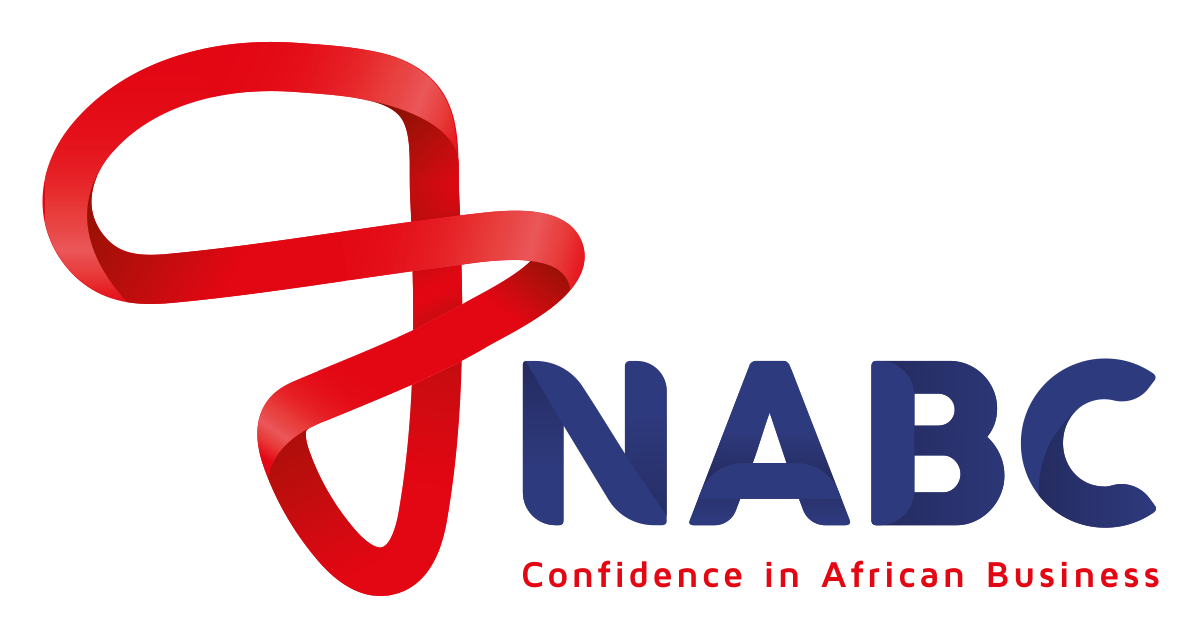
3rd November of 2022
The Hague, Netherlands
During the second edition of the Africa Business Club: Start-Up special, we hear from two entrepreneurs that have successfully engaged in scaling their start-ups. Speakers for this edition are Mr. Mohamed Osman of Uniproducers and Mr. Reinhardt Smit of Closing the Loop.
Facilitating digital connectivity in Africa – A Fireside Chat with African Tech Giants
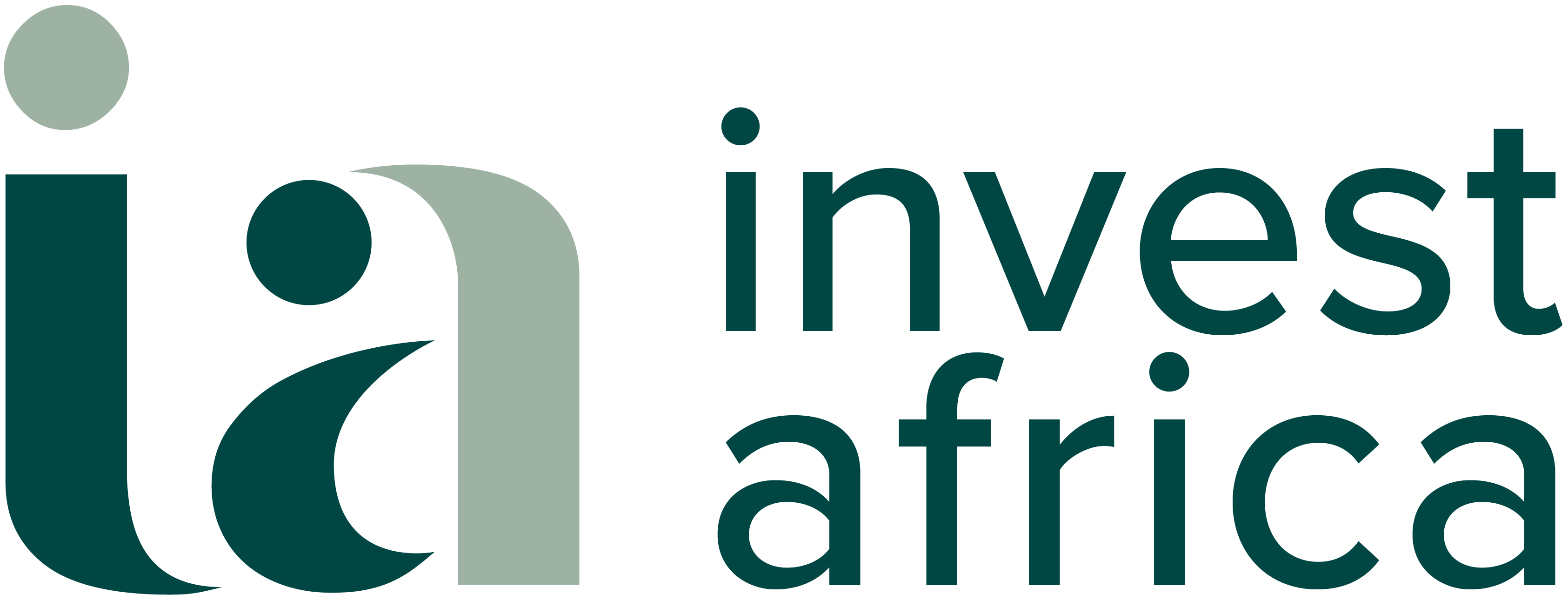
Wednesday, 9 November 2022
17:30 20:00
Portside
5 Buitengracht Street Cape Town, WC, 8001 South Africa
Africa is developing at a blistering pace. The continent’s demand for data, access to the internet and applications has increased exponentially. The digital transformation that has accelerated over the past few years during the pandemic has proven that Africa is a unique growth market with over 1.2 billion people.
However, large swaths of Africa lack the base layer digital infrastructure to support the demand for data and digital growth. Only 28% of the population have access to the internet. Building access to high-speed digital connectivity will be critical to drive the growth of consumer applications, fintech and business solutions. Undersea cables, towers, fibre and data centres are all needed for businesses and particularly technology companies to tap into the African market.
African Ambassadors’ Dialogue with Business: SADC and ECOWAS regions

Afrika-Verein in cooperation with the Ministry of Economy, Transport, Agriculture and Viniculture of Rhineland- Palatinate and the Chamber of Commerce and Industry of Rheinhessen (IHK) cordially invite you to the:
African Ambassadors’ Dialogue with Business:
SADC and ECOWAS regions
on November 8th, 2022, 2:00 - 7:00 pm
at IHK Rheinhessen
(Schillerplatz 7, 55116 Mainz)
In the heart of Europe, surrounded by the neighboring countries of France, Luxembourg and Belgium, Rhineland-Palatinate has established itself as an internationally successful, future-oriented business location. The region occupies the top position in the German economy with an export ration of 56 Percent.
This second edition of the African Ambassadors’ dialogue will give participants the opportunity to expand their knowledge on the economic potential of the SADC as well as the ECOWAS region and exchange with their peer business actors and global players as well as the embassies’ representatives, experts of their respective countries.
Business Outlook Nigeria

The German-African Business Association (Afrika-Verein) and Commerzbank AG have the pleasure to invite you to
Business Outlook Nigeria
November 2nd, 2022, 2.00 – 5.00 pm
Commerzbank, Kaiserplatz, Frankfurt am Main
As Nigeria is one of Germany’s most important trading partners in Africa we want to provide you with an update on macroeconomics, a current risk assessment and an outlook on the upcoming presidential elections.
« Interview- conférence » de notre invité d’Honneur: Mr Geoffrey KENT , Consul Honoraire du KENYA à Monaco
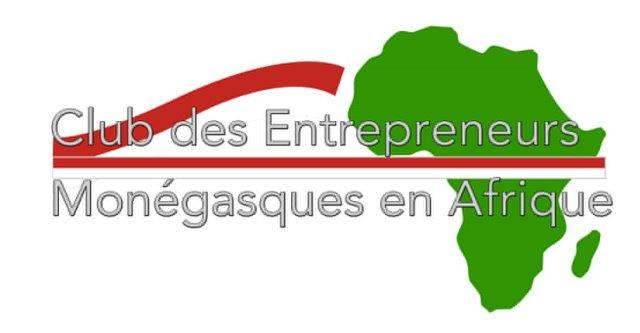
Chers Membres , Chers Amis ,
Nous organisons le Jeudi 20 octobre à 11 heures 45 , une « Interview- conférence » de notre invité d’Honneur:
Mr Geoffrey KENT , Consul Honoraire du KENYA à Monaco , qui nous fera part de son expérience de Vie , repris dans son fabuleux Ouvrage « SAFARI »
Supply And Demand? Optimising Labour Mobility Models For The Netherlands And Africa

1 November 2022
The Hague, The Netherlands
As the pilot project MATCH – Hiring African Talents reaches the end of its implementation period, the Dutch team is organising a closing conference to celebrate the project’s accomplishments, disseminate. lessons learned, and foster engagement between various public and private sector actors for the benefit of future initiatives.
Ambassadors’ Dinner 2022

24 November 2022
Wassenaar, The Netherlands
The last time we welcomed African Ambassadors assigned to the Benelux, our members, and the wider network for an afternoon of matchmaking and fine dining was in 2019. We had no idea that for the next two years we would remain connected through virtual means alone.Therefore, with great honour, we are happy to announce that long awaited 11th edition of Ambassadors’ Dinner is returning to its physical form and will take place on the 24th of November at the lavish Kasteel de Wittenburg in Wassenaar. The Ambassadors’ Dinner, like every year, will host the Doing Business in Africa (DBA) Award ceremony during which you will have the opportunity to decide who will be the recipient of the DBA 2022 Award. Join us for an evening of matchmaking, fine dining, and merriment by reserving your seat now!




